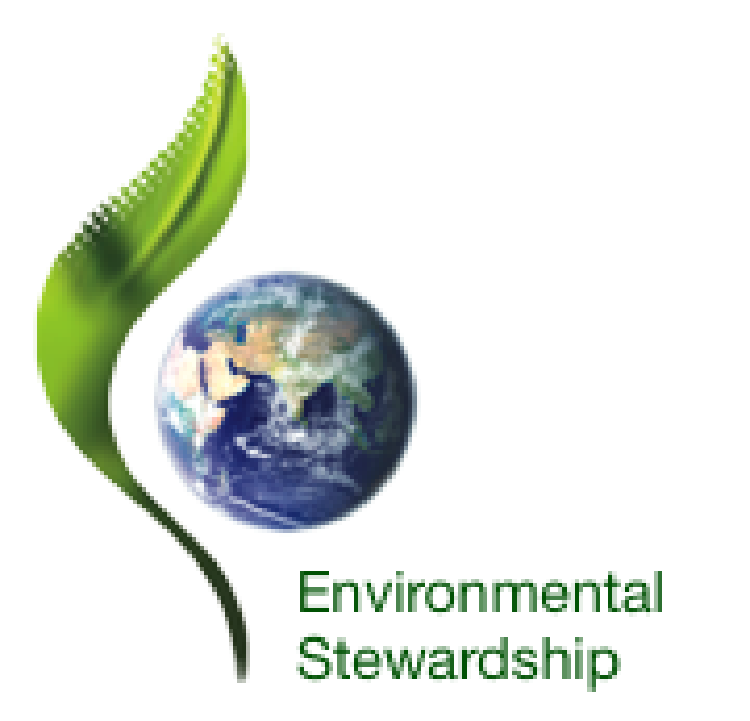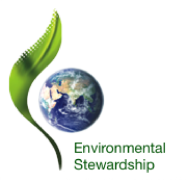 When we think of the term “organic,” many of us believe that healthier cleaning products must also be associated with higher price tags. But, each of us in our own way can begin to make strides to gradually adopt a more organic lifestyle which can minimize our exposure to toxic chemicals, and all without going broke.
When we think of the term “organic,” many of us believe that healthier cleaning products must also be associated with higher price tags. But, each of us in our own way can begin to make strides to gradually adopt a more organic lifestyle which can minimize our exposure to toxic chemicals, and all without going broke.
So, how do we begin? Some products on the market are labeled “natural.” Does this mean they are not toxic to us or to our environment? Not necessarily. First, we can begin by learning more about toxic chemicals which are found in the food items that we buy, the products that we use both inside and outside of our homes, our water, and in our cleaning supplies. Then we can begin to understand how these chemicals directly or indirectly affect our health, well being, and the environment. Some of the products we use to clean our homes could be causing more harm to us than good. We should check brand labels and on the website and look for "green" and non-toxic cleaners that don't contain chlorine, alcohols, triclosan, triclocarbon, lye, glycol ethers, or ammonia. Choose instead safer products that say "petroleum-free," "biodegradable," "phosphate-free," "VOC-free," and "solvent-free."
Another option we might consider is to begin using common household items to clean our homes. Common household items can be great substitutes for many of the toxic chemicals found in the products we find at our local stores. For example, a few items that we have in our homes can have a dual purpose, such as: baking soda, cooking oil, lemon and vinegar. These are just some of the items that can brighten our homes and hot harm, us, our children, or Fido, our best friend.


 What are you doing and why is it important?
What are you doing and why is it important?


